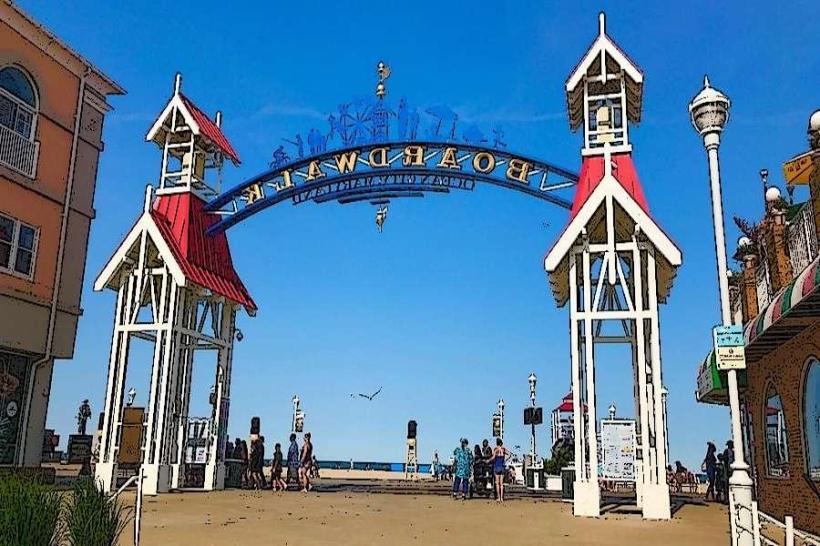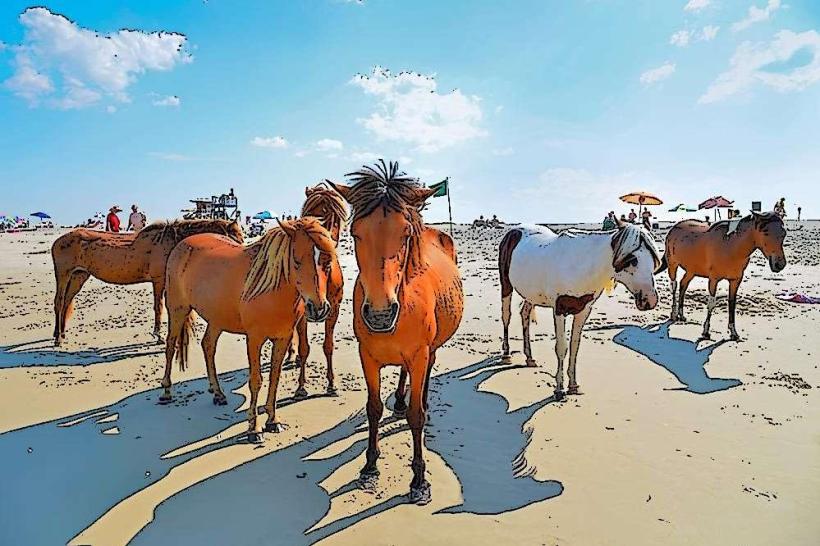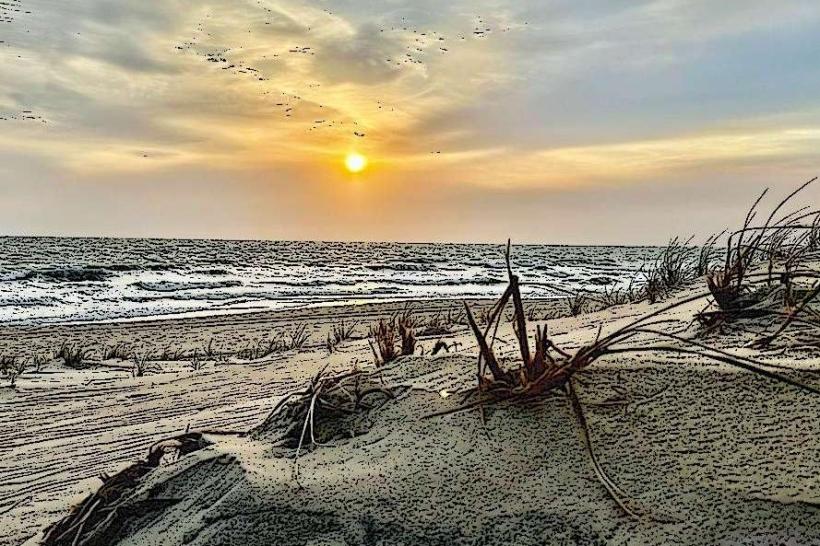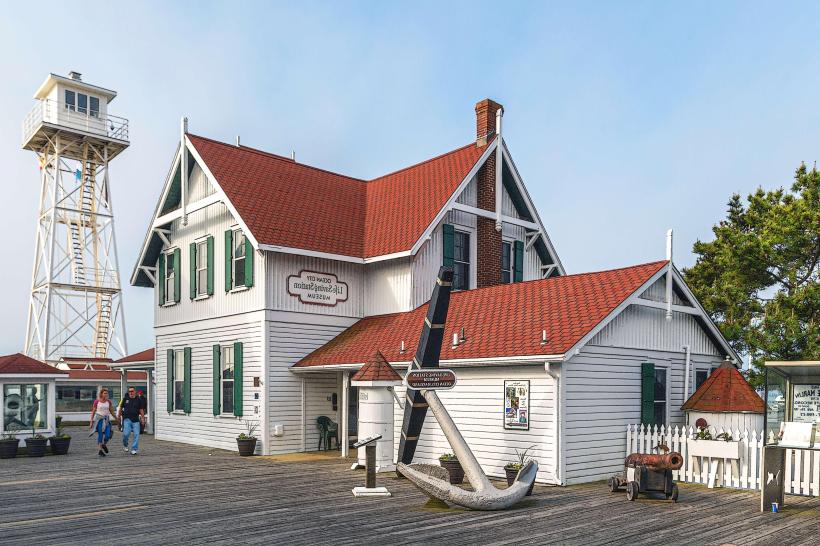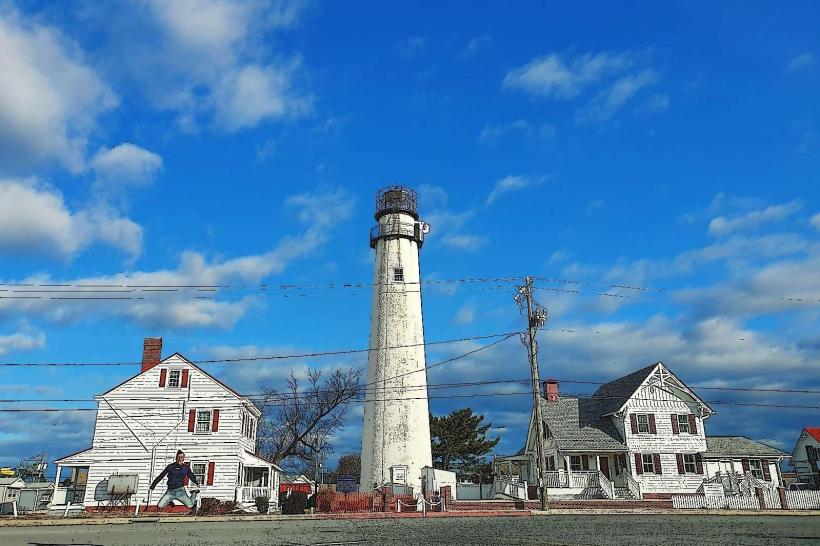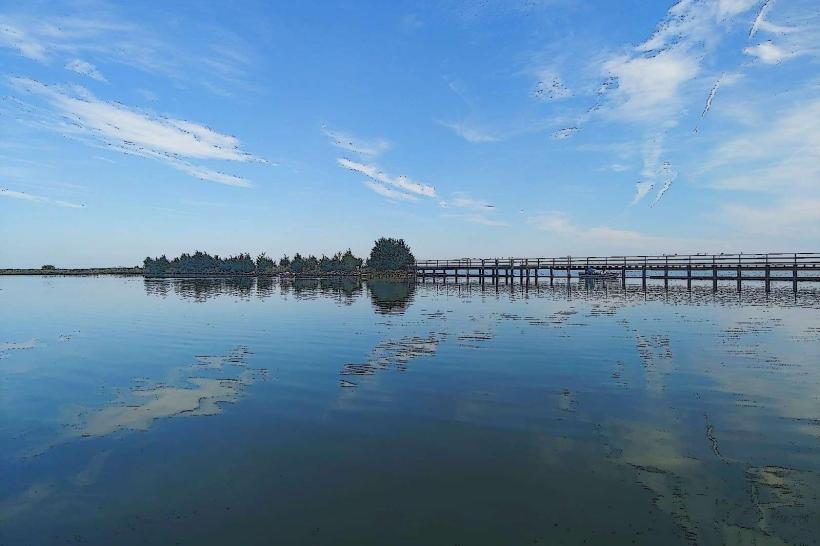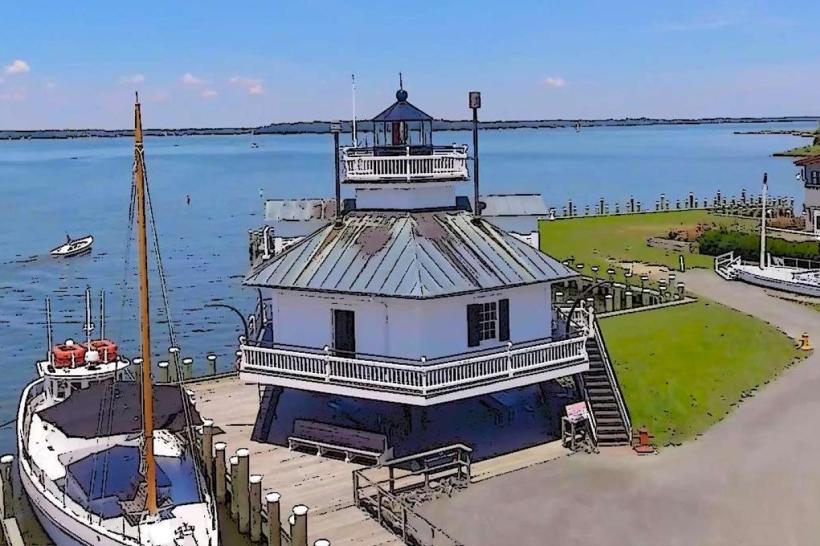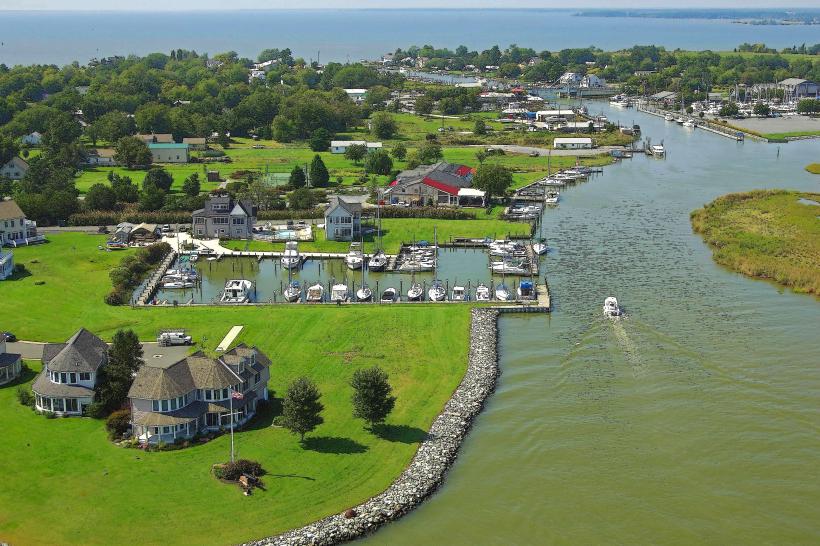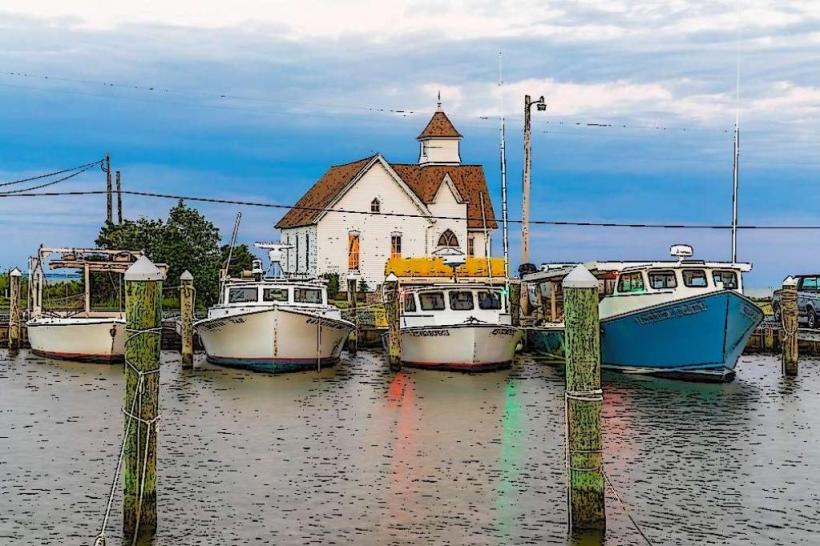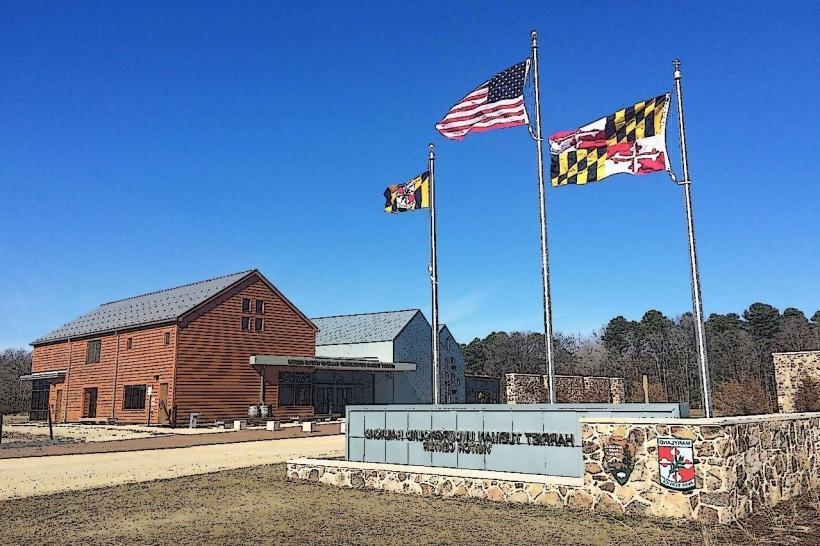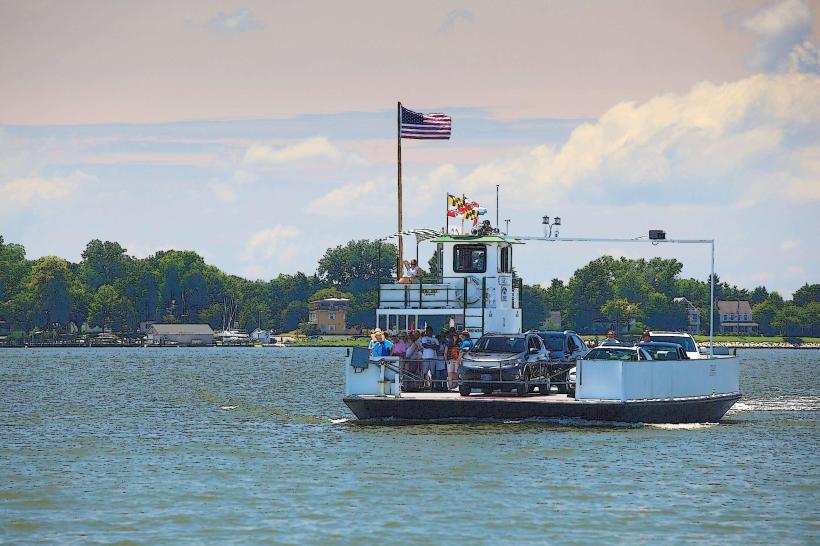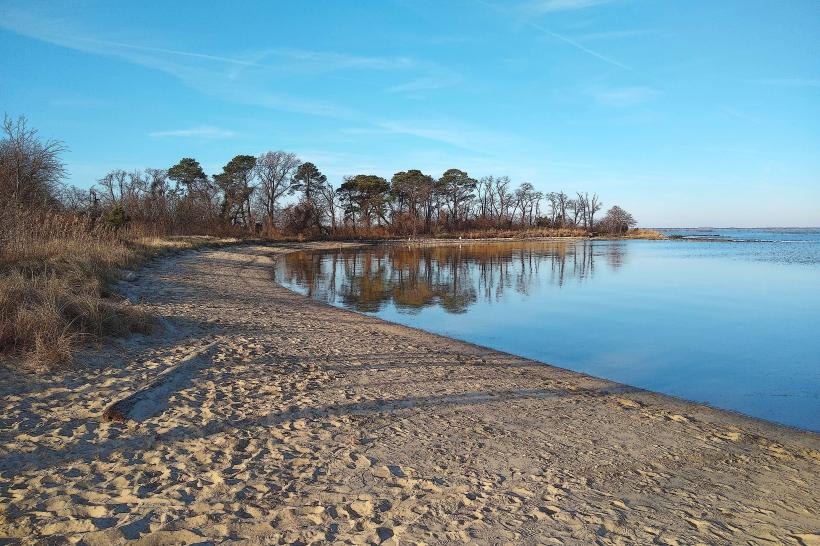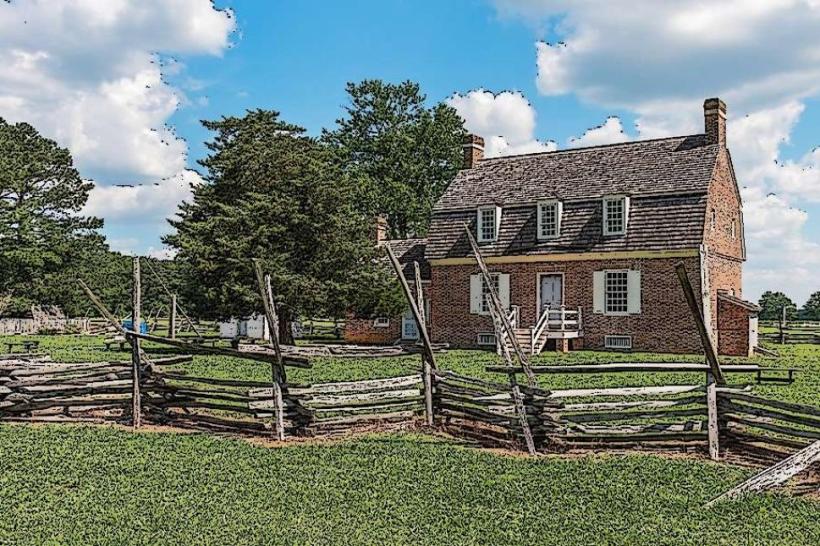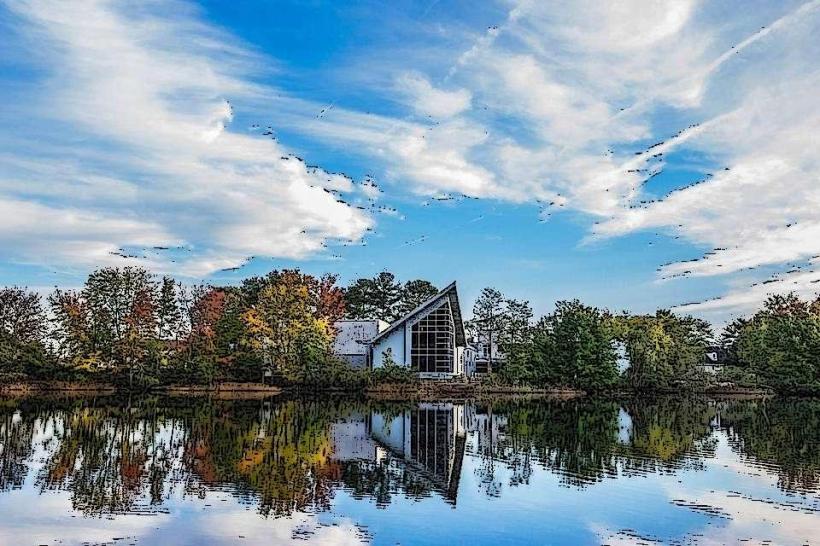Information
Landmark: Blackwater National Wildlife RefugeCity: Ocean City
Country: USA Maryland
Continent: North America
Blackwater National Wildlife Refuge, Ocean City, USA Maryland, North America
Blackwater National Wildlife Refuge is a vast and ecologically vital protected area located in Dorchester County on Maryland’s Eastern Shore, along the western shore of the Chesapeake Bay. Established in 1933, it spans over 28,000 acres of tidal marshes, freshwater wetlands, forests, and open water habitats, making it one of the largest and most significant wildlife refuges in the mid-Atlantic region.
Ecological Importance
Blackwater Refuge is renowned for its extensive tidal marshes, which are among the most productive and ecologically rich habitats on the East Coast. These marshes serve as critical breeding and feeding grounds for a diverse array of wildlife, including waterfowl, shorebirds, raptors, fish, and numerous other species. The refuge plays a crucial role in the conservation of migratory bird populations, particularly during the fall and spring migrations.
The refuge is home to more than 280 bird species, including large concentrations of snow geese, Canada geese, tundra swans, and various ducks. It is a key stopover point on the Atlantic Flyway, providing shelter and resources to hundreds of thousands of migratory birds annually. The area also supports endangered and threatened species such as the Delmarva fox squirrel, bald eagle, and the northern diamondback terrapin.
Habitats and Landscape
The refuge’s landscape is dominated by tidal freshwater and brackish marshes, interspersed with hardwood forests and open water areas. The marsh vegetation primarily consists of grasses like Spartina alterniflora and Phragmites australis, which provide essential habitat and help stabilize the shoreline against erosion.
The refuge’s mix of marshes and upland forest creates a mosaic of habitats that supports a rich diversity of wildlife. Freshwater impoundments within the refuge are managed to enhance waterfowl habitat, allowing for controlled flooding and vegetation management to optimize conditions for breeding and feeding.
History and Conservation
Originally purchased in 1933 as a sanctuary for waterfowl decimated by overhunting and habitat loss, Blackwater Refuge has grown in size and ecological importance over the decades. It was among the first refuges established under the Migratory Bird Conservation Act, reflecting early recognition of the need to protect migratory bird habitats.
The refuge has been a focal point for wetland restoration and environmental research, contributing valuable data on marsh ecology, bird migration, and climate change impacts. Its management includes efforts to control invasive species, restore native vegetation, and maintain water quality to support diverse ecosystems.
Visitor Experience and Activities
Blackwater National Wildlife Refuge offers extensive opportunities for wildlife observation, photography, hiking, and environmental education. Key visitor amenities include:
Visitor Center: The refuge’s visitor center provides interpretive exhibits, educational programs, and information on the refuge’s wildlife and habitats.
Wildlife Drive: An 8-mile auto tour route traverses the refuge’s varied landscapes, offering excellent views of waterfowl, marsh birds, and other wildlife. Numerous observation platforms and pull-offs allow visitors to stop and watch wildlife.
Trails and Boardwalks: Several walking trails and boardwalks provide access to marsh and forest habitats, enabling close-up encounters with the refuge’s flora and fauna.
Birdwatching: The refuge is a premier birdwatching destination, particularly in the fall and winter when large flocks of migratory waterfowl congregate. The observation towers and blinds enhance the experience.
Photography and Nature Study: The diverse wildlife and scenic vistas make the refuge a favorite for photographers and naturalists.
Research and Environmental Impact
Blackwater Refuge is actively involved in scientific research and habitat management to understand and mitigate threats such as sea-level rise, habitat fragmentation, and pollution. The refuge collaborates with universities, conservation organizations, and government agencies to monitor wildlife populations, study ecosystem health, and implement adaptive management strategies.
Summary
Blackwater National Wildlife Refuge stands as a cornerstone of wildlife conservation on Maryland’s Eastern Shore, preserving a vast expanse of critical tidal marshes and associated habitats. Its role as a sanctuary for migratory birds and native species, coupled with its accessibility for public education and recreation, makes it a vital natural resource. The refuge not only protects biodiversity but also serves as a living laboratory for wetland ecology and conservation science in the face of environmental change.

